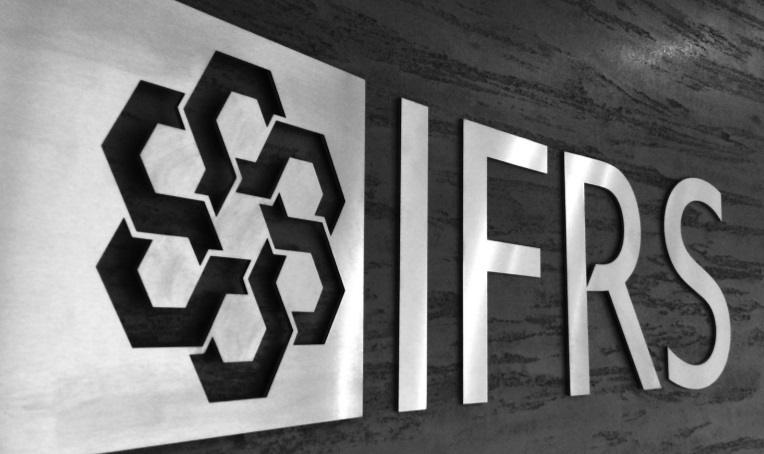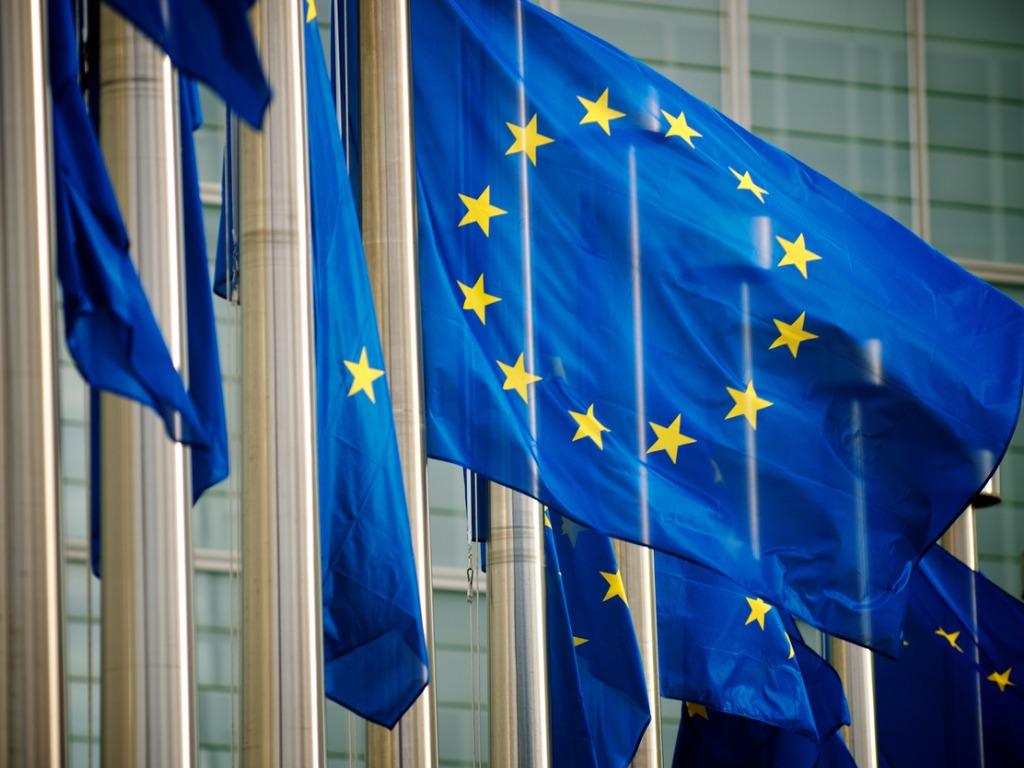EU Regulators Welcome, Critique New European Sustainability Reporting Standards
Europe’s three primary financial regulatory agencies, the European Supervisory Authorities (ESAs) each announced the release of their opinions on the first set of draft European Sustainability Reporting Standards, which set out the rules and requirements for companies to report on sustainability-related impacts, opportunities and risks under the EU’s upcoming Corporate Sustainable Reporting Directive (CSRD).
In their opinions, the ESAs, which include The European Banking Authority (EBA), The European Insurance and Occupational Pensions Authority (EIOPA), and The European Securities and Markets Authority (ESMA), each broadly supported the standards, while highlighting several areas of improvement for the European Commissions to consider. Issues flagged by the regulators included the need to maintain consistency with other global sustainability reporting standards, and improved definitions to help reporters assess materiality.
The ESRS were developed by the European Financial Reporting Advisory Group (EFRAG), which was mandated by the European Commission in June 2020 to prepare for new EU sustainability reporting standards for the CSRD. The CSRD, on track to begin applying from the beginning of 2024, is aimed as a major update to the 2014 Non-Financial Reporting Directive (NFRD), the current EU sustainability reporting framework, significantly expanding the number of companies required to provide sustainability disclosures to over 50,000 from around 12,000 currently, and introducing more detailed reporting requirements on company impacts on the environment, human rights and social standards and sustainability-related risk.
Following the release of the standards by EFRAG in November, the European Commission requested opinions on the ESRS from the three regulators.
While each of the ESA’s approved of the ESRS draft, several areas of improvement were included in their opinions. Markets regulator ESMA, for example, classified the standards as “broadly capable” of meeting the objective of being conducive to investor protection and of not undermining financial stability, it highlighted several technical issues that would need to be addressed in order for the rules to be “fully capable” – the highest rating on its scale – of meeting those objectives. ESMA’s proposals included improvements in the level of the standard’s consistency in relation to the requirements of the CSRD and other pieces of EU legislation, and requirements for further guidance on the materiality assessment process.
Similarly, EIOPA said that more clarity would be needed to define the boundaries of the value chain in order to help financial markets participants to report on material sustainability impacts across the value chain. For example, EIOPA pointed out that clarification would be needed to determine whether greenhouse gas emissions from the policyholders of insurance companies would be included in the calculation of ‘indirect emissions’ resulting from an insurance contract.
One of the key areas of focus for each of the opinions was the need for consistency between the EU rules and other existing and emerging global sustainability reporting standards, particularly the IFRS’s standards, expected to be completed by mid-year, under development by the International Sustainability Standards Board. The regulators indicated that the standards generally aligned well with the IFRS drafts, but noted that full comparisons will only be possible, and some amendments may be considered, when the final ISSB standards are published.
Overall, the ESAs were broadly supportive of the standards, with ESMA Chair Verena Ross calling EFRAG’s development of the ESRS “A major achievement.” Ross added:
“These standards will increase the consistency and quality of information flowing through the sustainable investment value chain. They will also enable broader accountability of European businesses for their sustainability commitments and impacts vis-à-vis retail investors.”
The European Commission will now consider the opinions provided by the ESAs, with the ESRS standards expected to be adopted into delegated acts by June 30. The CSRD will begin applying from the beginning of 2024 for large public-interest companies with over 500 employees, followed by companies with more than 250 employees or €40 million in revenue in 2025, and listed SMEs in 2026.





